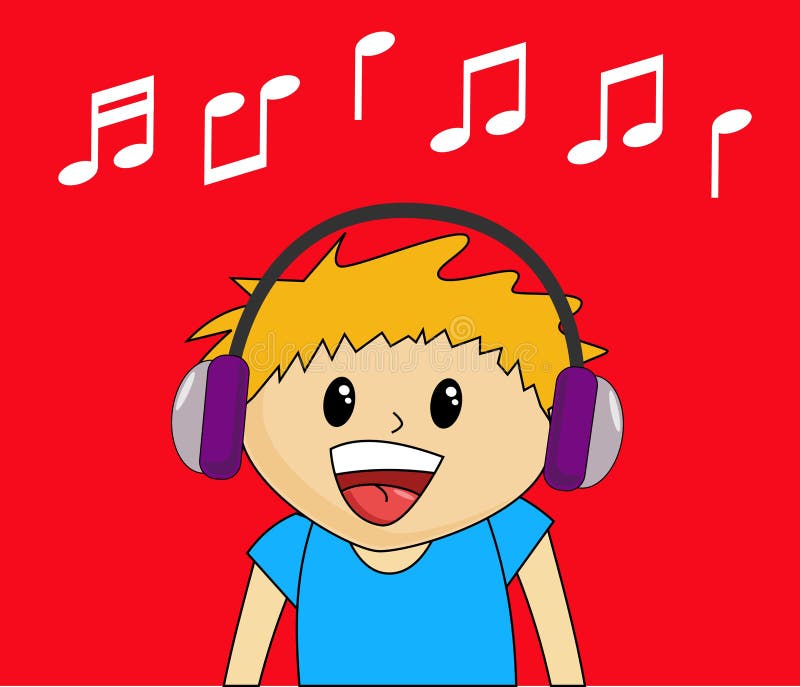


Woman Businessperson, invite, child, face, hand png 2029x2400px 322.86KB.Businessperson Woman, business man, child, face, hand png 1795x2400px 288.37KB.woman thinking, Cartoon, thinking woman, child, face, hand png 2399x2179px 248.92KB.girl thinking, Woman Girl, thinking woman, child, face, hand png 1857x2388px 296.29KB.Listening Cartoon Ear, Listening Ear, child, face, hand png 1024x742px 162.06KB.happy woman, love, child, face png 519x796px 79.89KB."The joyful side of ourselves, that takes care of itself. "Transforming pain into beauty" is "redemptive", Ms Cain says – and "at the heart of everything", including music. "There's just an inherent impermanence to everything and everyone that we love most."Īnd with the awareness of that state comes "a really deep and piercing joy at the beauty of the world", she says. Ms Cain believes there is pleasure to be derived from the "recognition that light and dark, joy and sorrow bitter and sweet are always and forever paired". Indeed, the title of her latest book exploring this topic is Bittersweet: How Sorrow and Longing make us Whole.

The distinction she draws is a feeling of "happy melancholy" or a "bittersweet" state. 'Childhood sweethearts' reunited by chance.The parents who say it's time to rethink how we're raising girls.'A form of terrorism': Online anti-women groups are radicalising boys, experts say.Kaya Wilson's 'empowering' near-death experience.

Ms Cain is clear to distinguish sadness or melancholy from depression or clinical depression. "It's extremely powerful." Joy is easy pain is redemptive Seeing or hearing "exceptional musicians, real masters of their instrument" perform together creates "moments of synergy … with a lot of emotion", she says. Ms K-S says another thing that can set music apart from, say, visual arts, is that it's often created in a group. It can just exist in this sound form", Professor Schubert says. They believed music, on the other hand, "is the only art form that does not need to represent. Professor Schubert says Schopenhauer and other great philosophers argued all arts forms other than music "represent something about the human world" and "remind us of these real-life situations". Well, not according to early 18th century philosopher Arthur Schopenhauer. Loading YouTube content Can't all art make us feel stuff? "It is a common thing that people will say after a gig that at a certain moment I brought them to tears," Ms K-S says. She's chosen to put many difficult or sad moments in her life to music, and says she finds the process "extremely cathartic". 'Sadness becomes a comfort'Īustralian singer-songwriter Kate K-S says some of her songs are so sad she cried while writing them. He wrote that the research offered insight into "how negative emotions can provide fertile material upon which the creative person draw". " found that the deeper pieces of music, the ones that are considered by music historians to be their greatest, tended to be written during times of sorrow," Ms Cain says. He then correlated those letters with the pieces of music they were producing at that time. Ms Cain points to research by MIT economist Karol J Borowiecki, who studied the letters of Beethoven, Mozart, and Liszt to figure out how happy or sad they were. Plenty of research has been devoted towards understanding the connection between music and sorrow. She's been thinking about it for decades – and she's not alone. The human ability to "transform pain into beauty" is, she says, "the mystery of sad music".


 0 kommentar(er)
0 kommentar(er)
